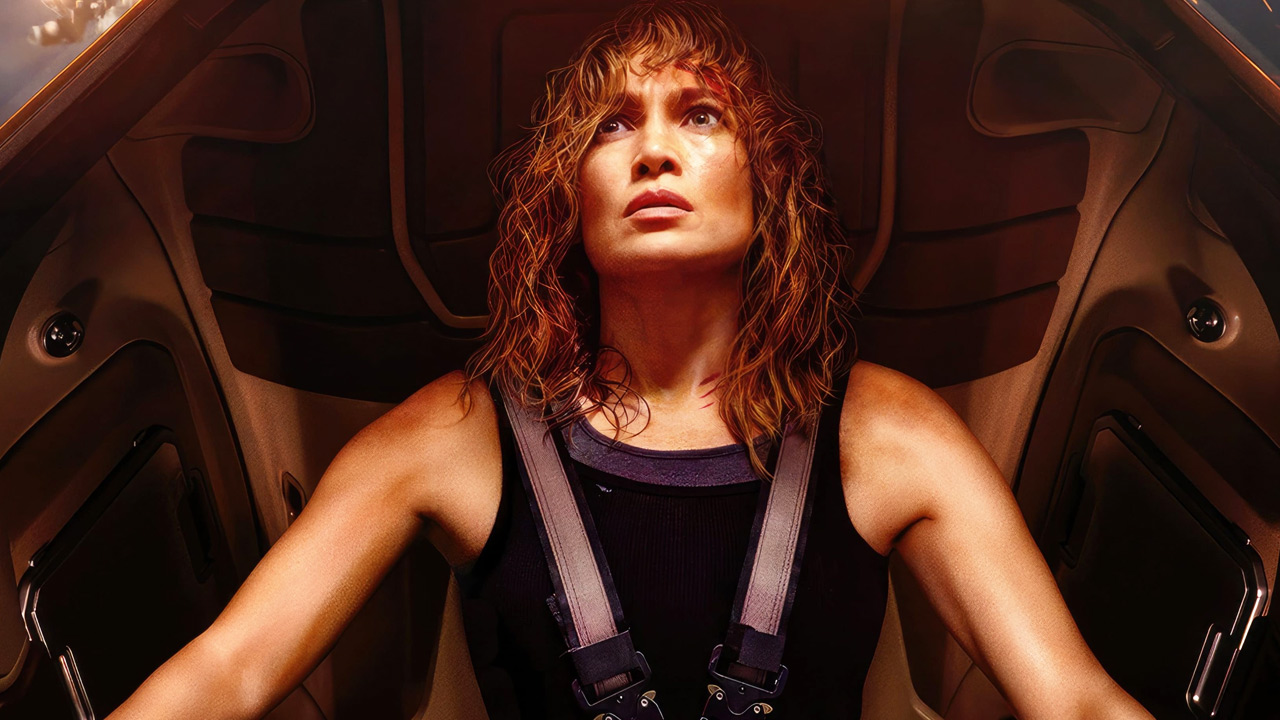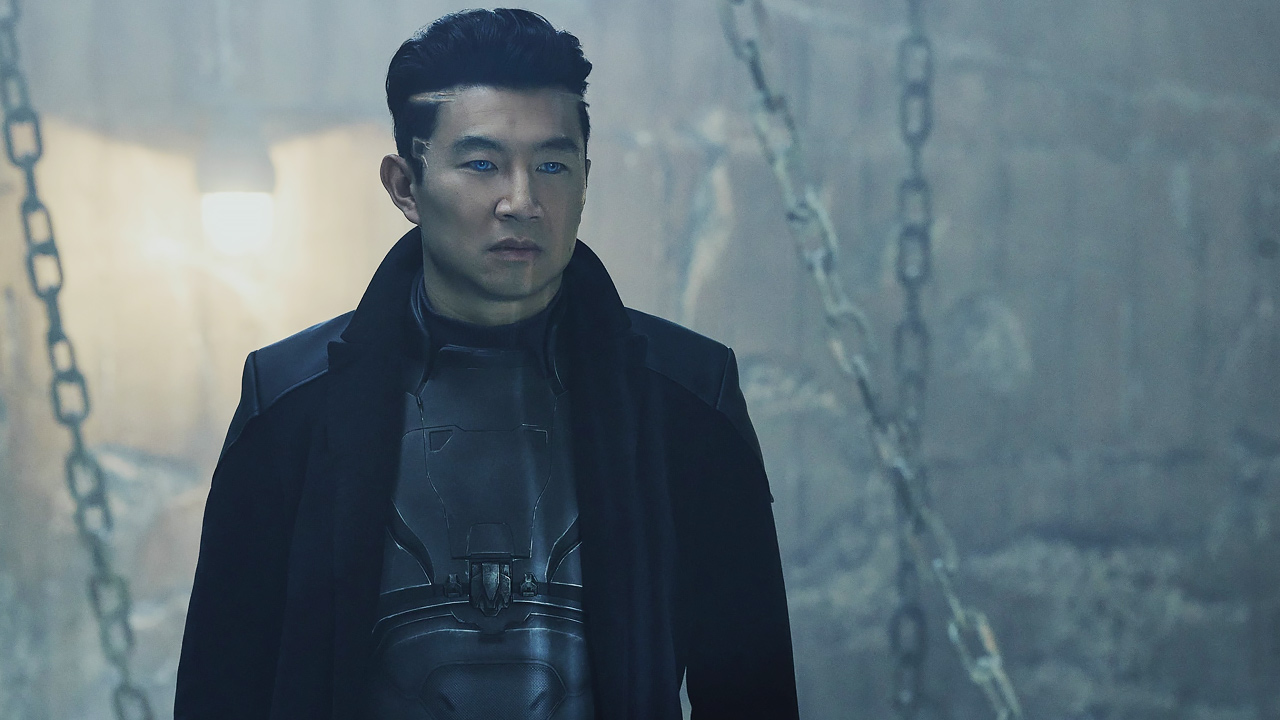And the award for dumbest sci-fi movie of the year goes to….Atlas!

“Relentlessly unimaginative”, “tin-eared” and “cheesy”, Netflix sci-fi film Atlas stars J.Lo as an AI-hating warrior of the future. Luke Buckmaster says it feels like the product of an evil algorithm itself.
There’s an amusing dichotomy in bad movies, like Atlas, that have brilliant protagonists. We’re asked to accept their intelligence while it’s underscored in the silliest of ways. Characters such as Jennifer Lopez’s eponymous cyborg-punching analyst can say smart-sounding things until they’re blue in the face, but never be taken seriously—like a terrifically insightful university lecture delivered by a professor who forgot to put on any pants.
Atlas is that proverbially pantless genius in this mutton-headed and relentlessly unimaginative sci-fi, which is adamant that its hero is very clever indeed, with dialogue to prove it—a la “if we demodulate the frequency, we can use it to triangulate.” In her first scene, Atlas awakens from sleep in a futuristic apartment and is almost immediately prompted by an AI-powered holographic chess board to make her next move. The scene ends with the protagonist beating the computer, declaring, with one foot out the door, “Queen takes knight—checkmate.”
This small, machine-tooled moment feels vaguely preposterous, soon to be eclipsed by many other machine-tooled moments that feel very loudly preposterous. An introductory pastiche of news bulletins relays—with no narrative flair at all—that AI bots around the world went loco and waged war against humans, bombing us with missiles and drones and what-not. In Netflix’s film this Judgment Day-esque rehash arrives with heightened topicality, given current anxieties around the rise and ubiquity of artificial intelligence.
Like in Mission: Impossible – Dead Reckoning, the AI in Atlas can be all-invasive and unseen. But mostly screenwriters Leo Sardarian and Aron Eli Coleite and director Brad Peyton deploy conventional cyborgs, like in The Terminator movies, that walk around in a huff and a puff and blow things up. The leader of the robot uprising is a cyborg named Harlem (Simu Liu), who became “the world’s first AI terrorist,” commanding his minions before buggering off to another planet when humans, perhaps improbably, started winning the war against their own creations.

Altas heads into space to a planet in the Andromeda Galaxy, on a mission to track down and vanquish Harlem, using a mecha suit powered by an AI named Smith, with which she must get along. Atlas hates AI, you see, not just because of their human-massacring and civilisation-destroying ways, but because they killed her mother. This time it’s personal, as they say. But this time it’s also, erm, even more personal, because not just any hard drive did it: the killer was Harlem himself.
Atlas’ affection for chess is, quite preposterously, also connected to Harlem, explained in a silly flashback you’d think might ruin chess forever for her. On the scale of the film’s many issues however this one admittedly ranks low. A more glaring problem is J.Lo’s completely charmless performance; even simple lines like “you can’t trust any AI” feel clumsy, having no weight or impact, more like expended oxygen than human speech per se. Simu Liu is more flamboyant but fares no better; his tone is “bargain basement MCU villain.”
The film’s dramatic focus, if you can call it that, is on Atlas’ relationship with Smith, who becomes a cipher for a weird “not all AI is bad” message. Wherever they go the stench of dumb scripting follows them, the protagonist at one point unloading a sad spiel about how her daddy used to take her camping but then left and “started camping with some other little girl.” It’s tin-eared and cheesy and arrives half-formed, at best, like it never got past the first draft stage—or was cobbled together by malfunctioning software.


















